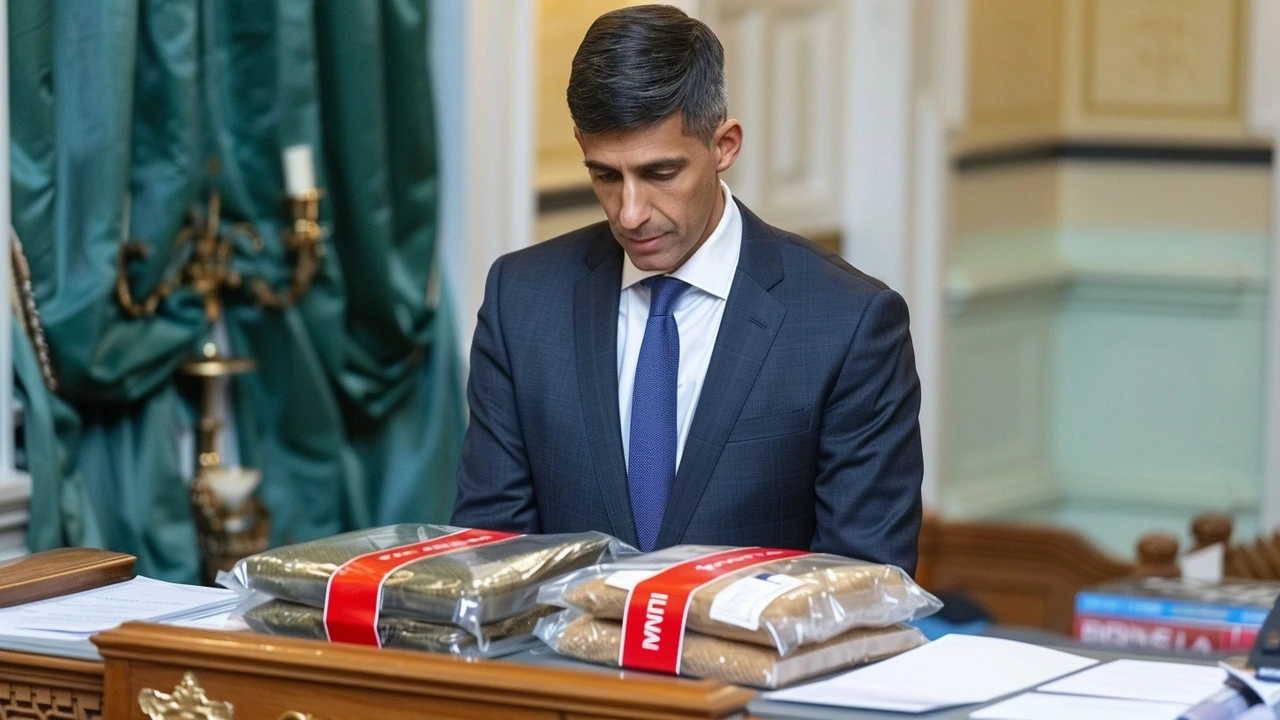UK election — What it means for Africa and how to follow live
A UK election does more than decide who runs Britain. It can change trade rules, aid budgets, visa policy and how the UK works with African countries and communities. If you want quick, useful updates and a clear view of what the outcome means for the continent, this tag brings together expert takes, live reaction, and practical guides to follow results from anywhere in Africa.
How UK elections work — quick guide
UK general elections use first-past-the-post: the candidate with the most votes in a constituency wins the seat. That means national vote share doesn’t always match the number of seats a party gets. If no party wins a clear majority, we get a hung parliament and either a coalition or a minority government supported by other parties. Watch for exit polls on election night — they’re fast but can be wrong. The official count happens overnight and gives the final picture.
Want easy signals on election night? Track three things: the exit poll, the tally of seats won, and any major swings in marginal constituencies. Marginals are the battlegrounds that decide overall control. Big swings there usually mean big policy changes down the road.
How the results matter for Africa
Here’s what to watch if you care about Africa. Trade policy affects tariffs and market access for African exporters. Changes in migration and visa rules influence students, workers and families in the UK-Africa diaspora. Aid budgets and development priorities shift with a new government—so projects and funding streams can speed up, slow down, or get reshaped. Also watch foreign policy stances on issues like security partnerships, sanctions, and multilateral diplomacy that affect regional stability.
Look at party manifestos for concrete signals: trade agreements, foreign aid pledges, and migration plans. If a party promises to cut aid or renegotiate trade deals, that will show up fast in official statements and in embassy briefings across African capitals.
Practical tips for following live from Africa: tune into BBC World News, BBC Africa, Al Jazeera, Sky News and ITV for live coverage and analysis. Follow the UK Electoral Commission and Parliament accounts for official updates. On social media, rely on verified broadcaster accounts and official party pages—avoid viral screenshots without source checks. For local timing: London is GMT. That means 10pm in London is 11pm in Lagos (GMT+1), midnight in Johannesburg (GMT+2), and 1am in Nairobi (GMT+3). Polls usually close around 10pm UK time; results start coming in after that and continue through the night.
If you want deeper context, use this tag to find analysis pieces, explainers, and reaction from across Africa. We collect stories on trade, aid, migration and diplomatic ties so you can see not just who won, but what changes to expect and how they might affect businesses, students, and families connected to the UK.
Got a question or want coverage of a specific country-to-UK link? Reach out through our comments or contact page and we’ll flag stories and expert reaction tailored to your region.
